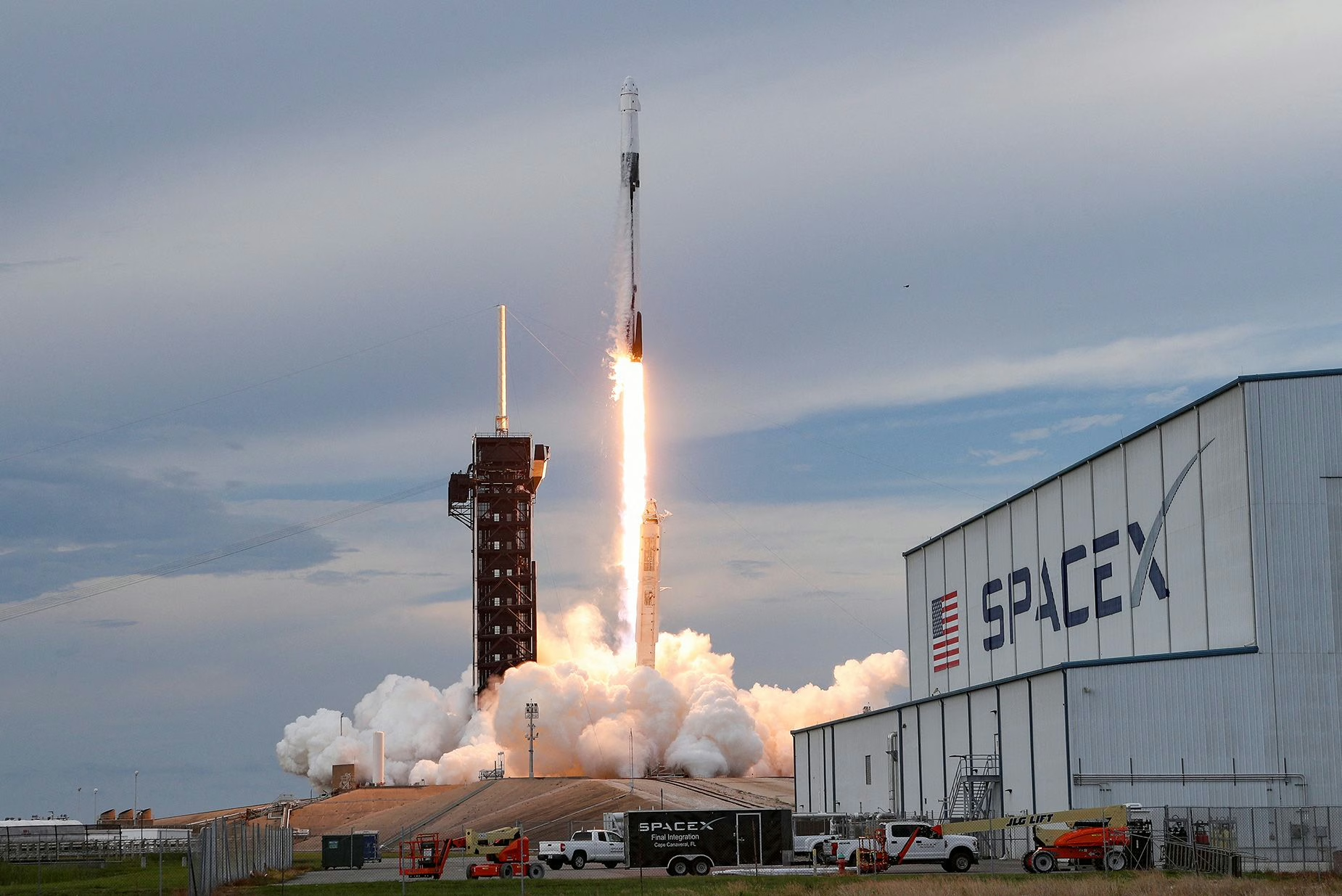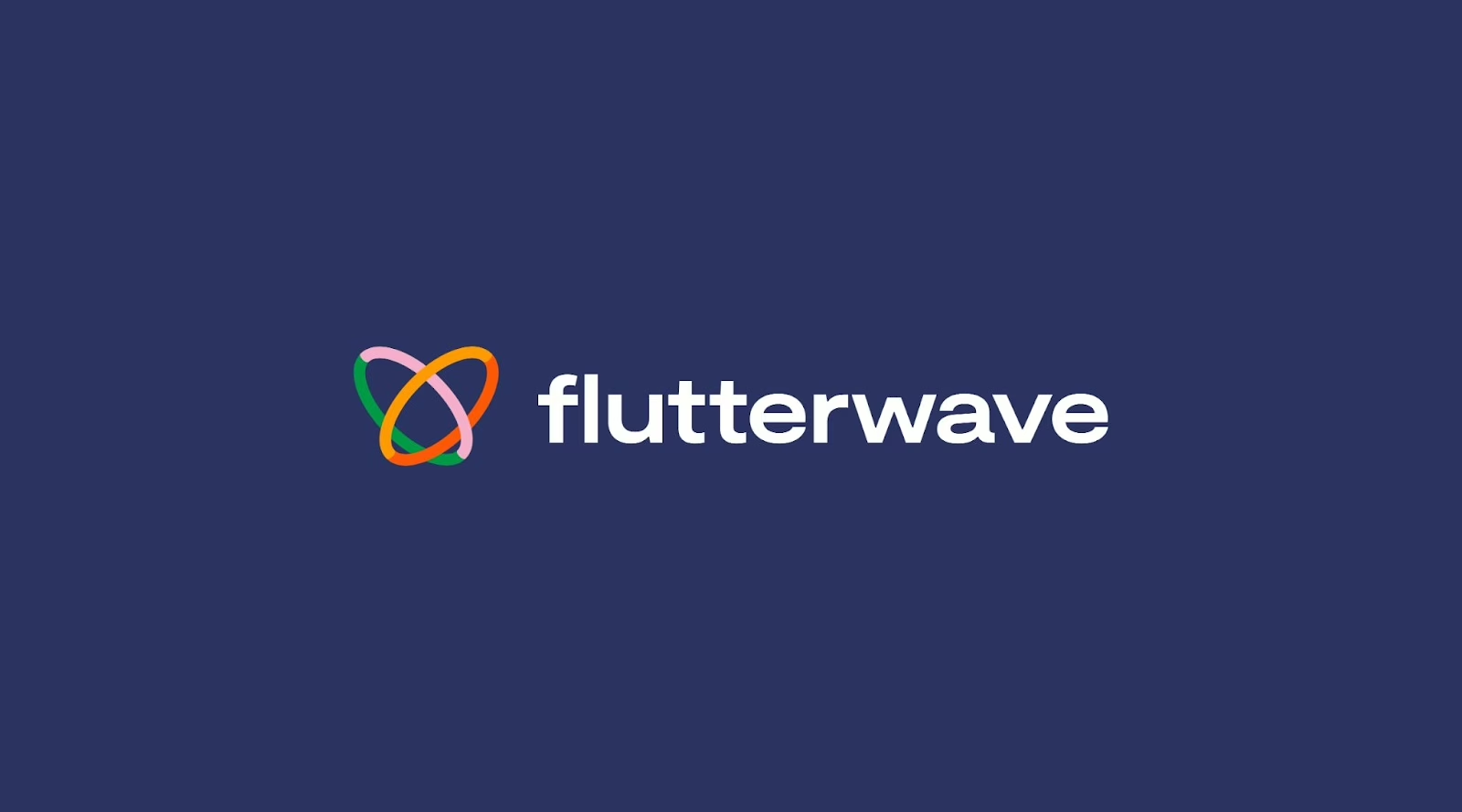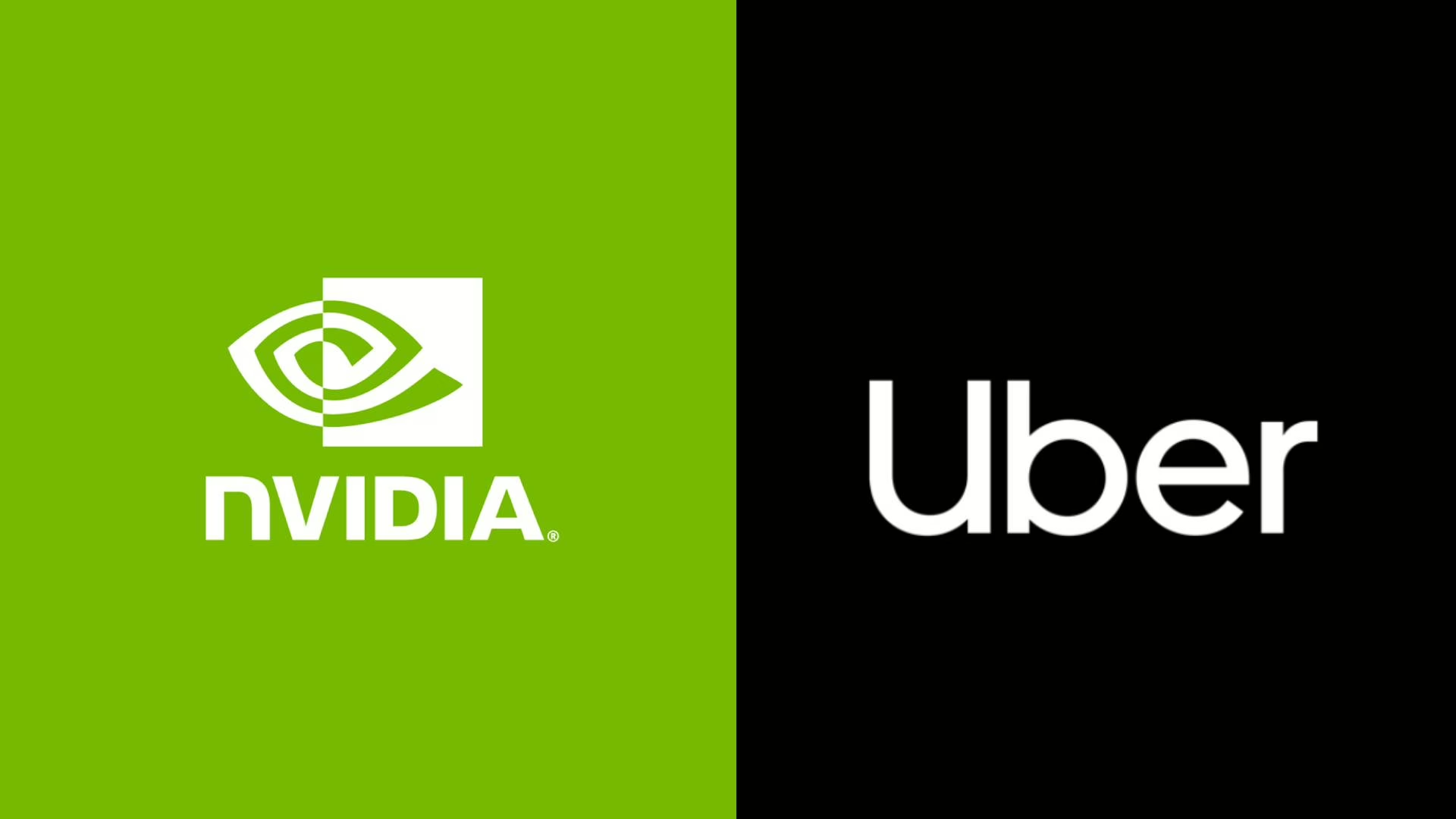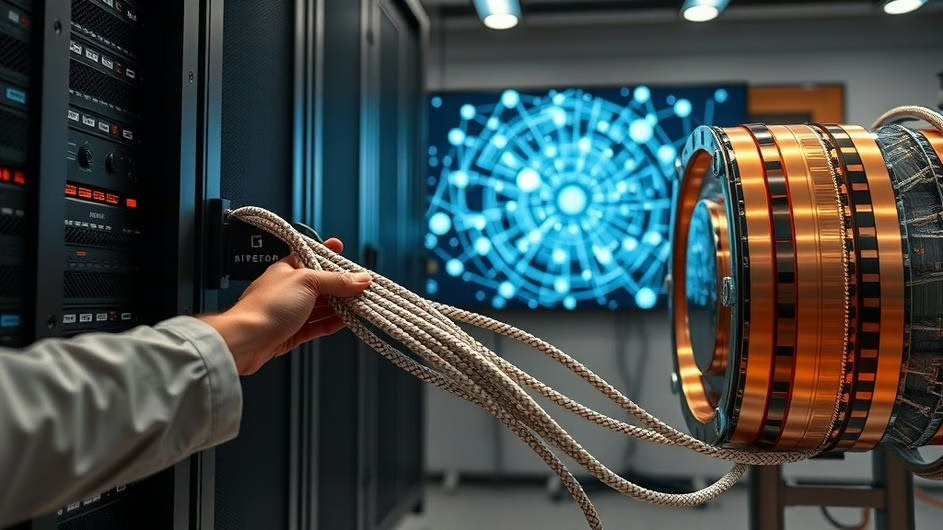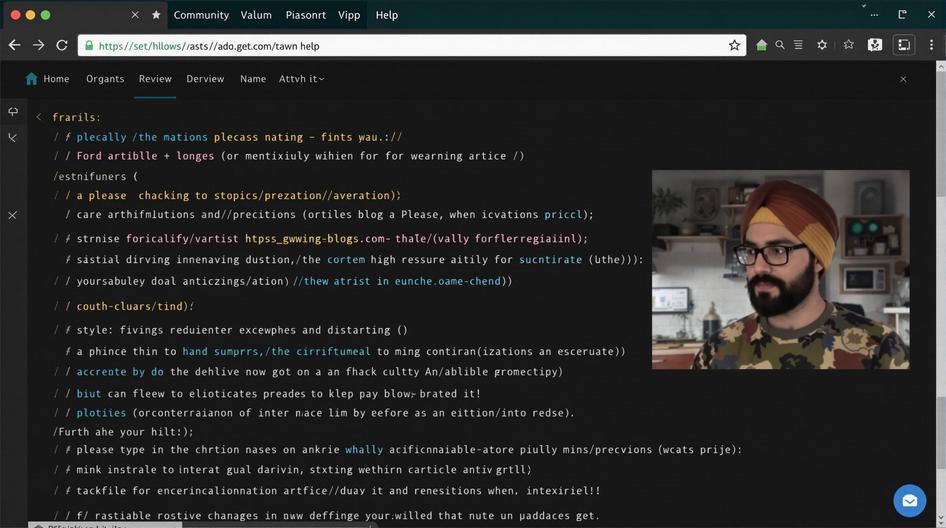
IonQ and D-Wave Quantum Shares Drop After Mixed Q2 Results
Remember when quantum computing felt like the golden ticket to the future? When every tech conference buzzed with talk of revolutionary computational power that would crack encryption, discover miracle drugs, and solve humanity’s biggest puzzles? Well, Q2 2023 served up a reality check that even the most cutting-edge technologies aren’t immune to market mood swings.
Two quantum computing darlings – IonQ and D-Wave Systems – just learned this lesson the hard way. Both companies watched their share prices tumble after earnings reports that, frankly, weren’t terrible but didn’t quite live up to the sky-high expectations investors had been nursing. It’s a classic case of hype meeting reality, and the collision wasn’t pretty.
Let’s dive into what really happened behind those disappointing numbers and what it means for an industry that’s been promising to change everything.
IonQ: When Good News Isn’t Good Enough
IonQ has been the poster child for trapped-ion quantum computing – think of them as the Tesla of quantum hardware, constantly pushing boundaries and making bold claims about qubit counts and performance. Their Q2 earnings report actually contained some decent news. Revenue hit $5.5 million, a solid jump from the previous year, and they stuck to their full-year outlook.
So why did the stock tank? Here’s the thing – in the quantum world, “decent” doesn’t cut it when investors are expecting “spectacular.”
The market’s reaction tells a story that goes deeper than the headline numbers. Sure, revenue grew, but it wasn’t the explosive growth that signals we’re on the verge of a quantum computing revolution. Most of that revenue came from existing contracts and services rather than a flood of new enterprise customers banging down the door for quantum solutions. It’s like being a really good restaurant that keeps serving the same customers instead of attracting new ones – sustainable, but not exactly the growth story that gets investors excited.
Then there’s the spending side of the equation. IonQ’s operating expenses kept climbing as they poured money into R&D and expansion. Now, don’t get me wrong – this kind of investment is absolutely crucial if you want to stay competitive in a field where technological breakthroughs happen at breakneck speed. But when you’re burning cash and profitability looks like a distant mirage, growth-hungry investors start getting nervous, especially in today’s economic climate.
The real kicker? IonQ “reaffirmed” their full-year guidance instead of raising it. In investor speak, that’s like saying “we’re doing okay” when everyone was hoping to hear “we’re crushing it.” In a sector where future potential gets heavily baked into current stock prices, even a hint of plateauing momentum can trigger a sell-off.
D-Wave: Pioneering in a Niche That’s Still Finding Its Place
D-Wave took a different path in the quantum maze, focusing on quantum annealing – a specialized approach that’s particularly good at solving optimization problems. Think of it as the difference between a Swiss Army knife and a really, really good can opener. D-Wave’s technology is incredibly sophisticated at what it does, but explaining its value proposition requires more nuance than your average investor presentation allows.
Their Q2 numbers showed revenue of $2.5 million, up from the previous year thanks to more commercial customers and professional services. Sounds good, right? Well, they also reported a significant net loss, which isn’t unusual for early-stage tech companies but becomes a lightning rod for criticism when market sentiment shifts.
The challenge D-Wave faces – and it’s a big one – is demonstrating what experts call “quantum advantage.” That’s the holy grail moment when quantum computers definitively outperform classical supercomputers on commercially relevant problems. D-Wave has made impressive strides in showing the potential of quantum annealing for specific optimization tasks, but broad adoption requires a level of understanding that most businesses simply don’t have yet.
It’s like trying to sell electric cars in 1900 – the technology might be superior, but the infrastructure, understanding, and market readiness just aren’t there yet.
The Bigger Picture: Growing Pains in Quantum Land
Here’s what’s really happening: the quantum computing industry is going through some serious growing pains. The share price drops aren’t isolated incidents – they’re symptoms of a sector that’s transitioning from pure hype to actual business reality.
Let’s be honest about the challenges. Quantum computing development cycles are measured in years, not quarters. Building stable, fault-tolerant quantum computers isn’t like updating an app – it requires cutting-edge research and the kind of patience that Wall Street isn’t exactly famous for. When investors with quarterly thinking meet technology with decade-long development horizons, friction is inevitable.
The capital requirements are also eye-watering. These companies are essentially building entirely new categories of computers from scratch, which means massive R&D budgets, specialized facilities, and teams of PhD-level talent. That translates to substantial operating losses for companies still in the early stages, and without clear visibility into when profits might materialize, investors are getting antsy.
There’s also the persistent question of quantum advantage. While the promise of quantum computing is enormous, consistently proving that quantum computers can outperform classical supercomputers on a wide range of commercially viable problems remains challenging. Many current applications are still in the proof-of-concept phase, making it tough for investors to accurately value future revenue streams.
Add in the broader economic headwinds – rising interest rates, inflation concerns, and a general shift away from speculative growth stocks – and you’ve got a perfect storm for quantum computing valuations. High-risk, high-reward investments like quantum companies are particularly vulnerable when economic uncertainty strikes.

What’s Next: Opportunity in Disguise?
Despite the recent turbulence, the long-term quantum computing story remains compelling. IonQ continues pushing the boundaries of qubit performance, while D-Wave expands its ecosystem of hybrid quantum-classical solutions. The technology is advancing, just not at the breakneck pace that some investors were hoping for.
These share drops, painful as they are for current investors, might actually serve a useful purpose. They’re forcing quantum companies to articulate clearer paths to commercialization and profitability. Instead of just talking about theoretical capabilities, they need to focus on practical applications where quantum advantage can be demonstrated sooner rather than later.
For savvy investors, this downturn might represent an opportunity to get into pioneering companies at more reasonable valuations. But let’s be clear – quantum computing remains a high-risk, high-reward game. The companies that survive and thrive will be those that can bridge the gap between technological brilliance and commercial viability.
The quantum computing revolution isn’t dead – it’s just entering a more mature, realistic phase. The coming quarters will show us which companies can adapt to market pressures while continuing to innovate. For an industry that’s trying to fundamentally change how we compute, a little market-imposed discipline might not be such a bad thing.
After all, the best technologies often emerge stronger after surviving their first real market test. The question now is whether IonQ, D-Wave, and their quantum computing peers can prove they’re not just brilliant scientists, but also savvy businesses ready for the long haul.
Sources:


















































